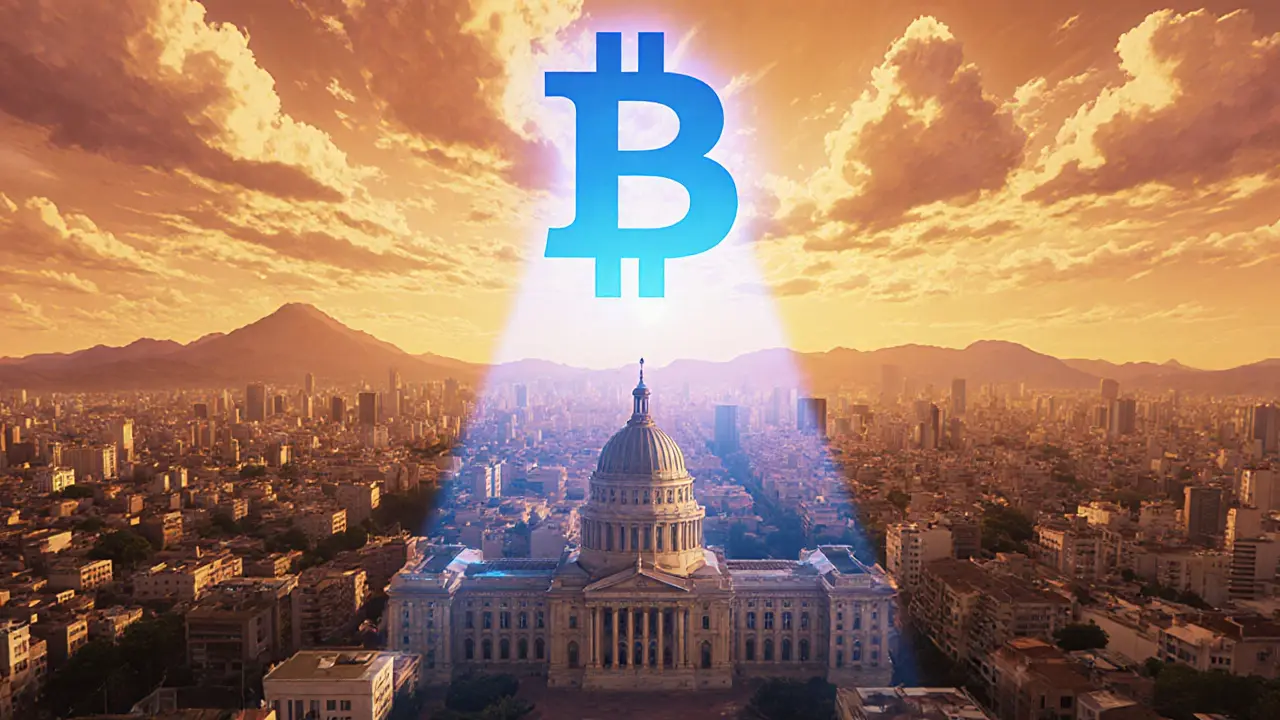Bitcoin legal tender: How governments are treating the flagship crypto
When working with Bitcoin legal tender, the official recognition of Bitcoin as a medium of exchange by a nation’s legal system. Also known as Bitcoin as legal currency, it has moved from fringe tech to a policy debate that touches finance, law, and everyday payments.
Cryptocurrency regulation, the set of rules that govern how digital assets are issued, traded, and taxed shapes whether Bitcoin can become legal tender. Countries that draft clear AML/KYC guidelines tend to attract businesses willing to accept Bitcoin at the point of sale. For instance, El Salvador’s law gave Bitcoin official status, while the EU’s upcoming MiCA framework is still deciding its role.
Central bank policy, the monetary strategies set by a nation’s central bank, including interest rates and digital currency projects often clashes with a decentralized currency like Bitcoin. When a central bank launches a CBDC, it may either compete with or complement Bitcoin’s legal‑tender ambitions. This tension appears in debates over reserve requirements and the need for a stable unit of account.
Key factors influencing Bitcoin legal tender status
Blockchain adoption, the extent to which businesses, consumers, and governments integrate blockchain technology into daily operations fuels demand for a recognized digital currency. As merchants install crypto payment gateways and developers build on‑chain invoicing tools, pressure mounts on regulators to give Bitcoin a clear legal footing.
Crypto mining legislation, laws that affect where and how Bitcoin mining can occur, including energy use and environmental standards directly impacts Bitcoin’s viability as legal tender. Nations that support sustainable mining attract hash power, which in turn strengthens the argument for official acceptance.
All these pieces—regulation, central‑bank decisions, adoption trends, and mining rules—interlock to decide if Bitcoin can sit alongside fiat money. Bitcoin legal tender may still be a niche in many jurisdictions, but the landscape is shifting fast. Below you’ll find a curated set of articles that dive deeper into each of these angles, from policy analysis to practical guides on navigating the new legal terrain.
 4 Aug 2025
4 Aug 2025
Explore how the IMF, legal scholars, and crypto fans reacted to El Salvador's Bitcoin legal tender law, its on‑ground adoption data, and what the experiment means for other nations.
View More
